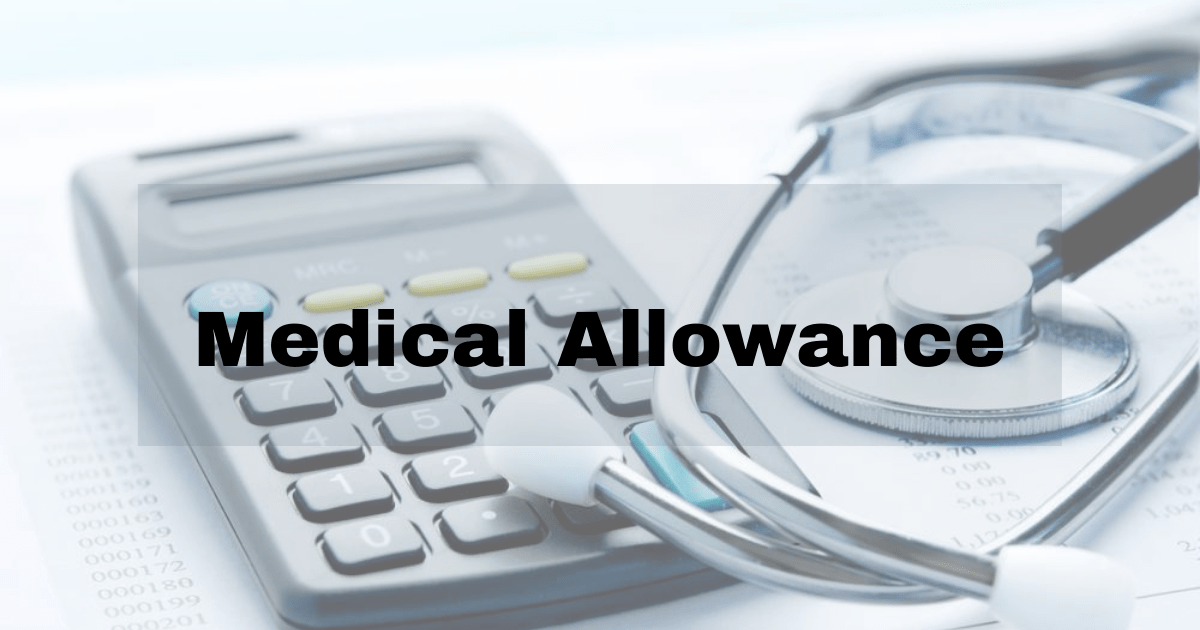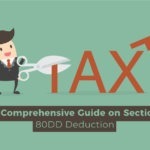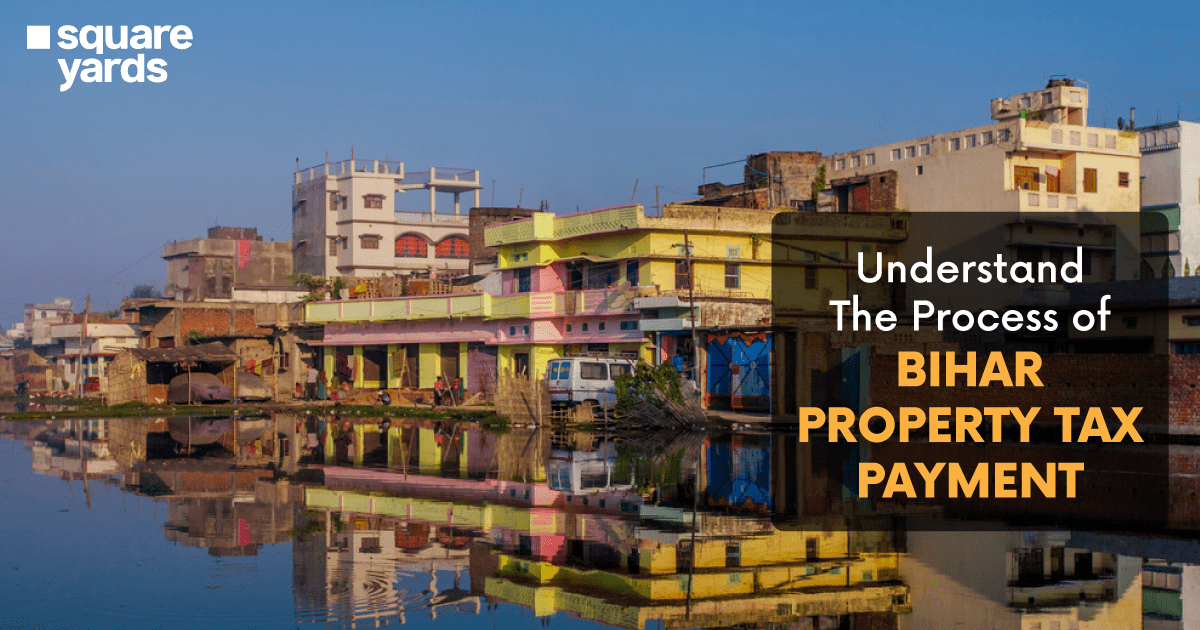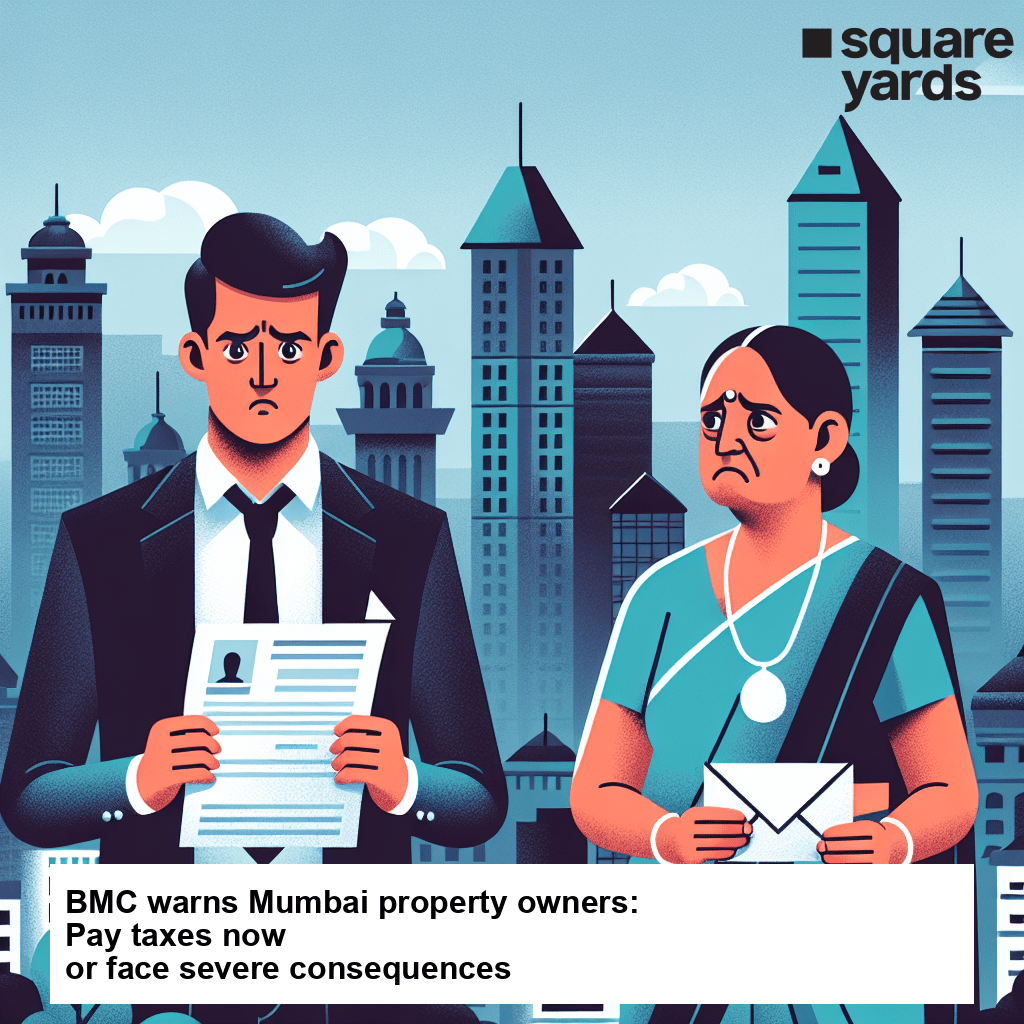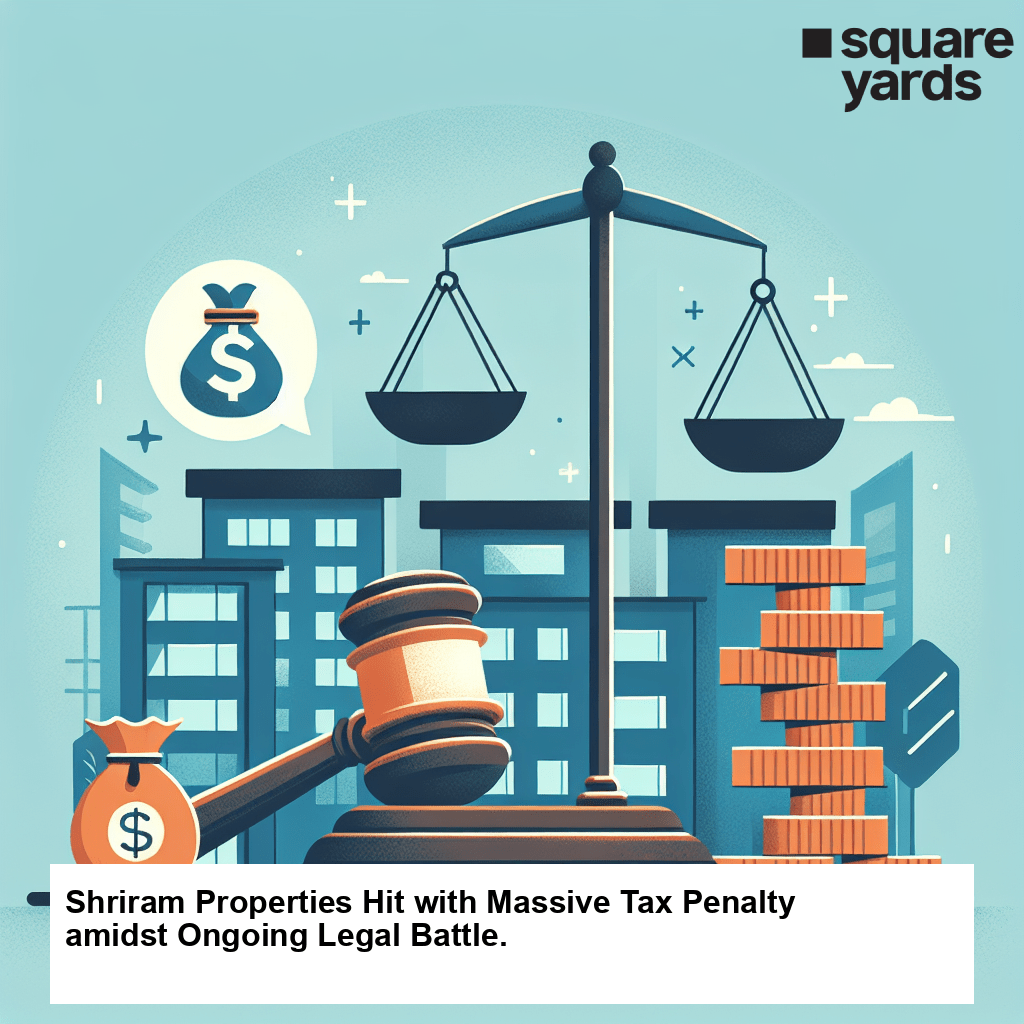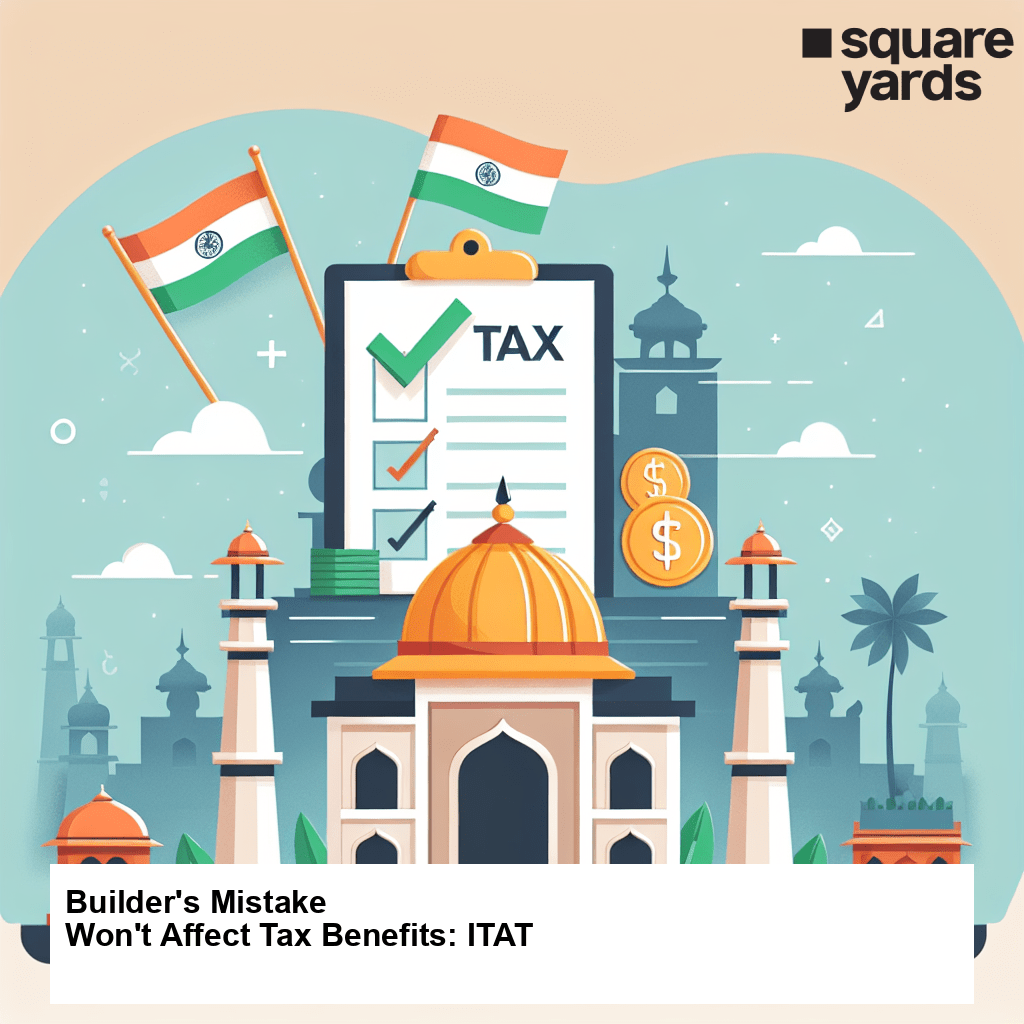Medical emergencies are something that always comes unannounced, causing a major hit in your life and this is when medical allowance comes into the picture.
Medical Allowance is a specified amount of money provided by the employer to his employees for fulfilling his medical requirements or needs. This type of allowance is provided to the employee on a monthly basis, irrespective of the fact whether he submits his hospital bills or not. The interesting part to note here is the tax deduction of medical allowance under “income from other sources”.
As per the 1961 IT Act, the allowance is not considered an exemption from tax, rather the Medical Allowance is considered a permanent component of your salary.
Table of contents
Calculating Medical Allowance in Your Salary
As per the guidelines of the Government of India, an employee is allowed to claim a maximum amount of INR 15,000 for their medical expenses.
For example,
- Rahul, aged 40, is a manager in a firm who wishes to receive a medical reimbursement for INR 20,000
- In order to claim his medical reimbursement from the company, he must produce medical bills worth the same amount.
- The amount received by Rahul would still be only INR 15,000 even if he submits medical bills of a higher amount.
What is Fixed Medical Allowance?
Even though a medical treatment includes expenditures, a fixed medical allowance is known to be still taxable for any employee. Pensioners under the central government that are residing under the district of CGHS are permitted with a permanent allowance of INR 500, which is taxable. An expenditure that is made by any employee or any family member of the employee up to INR 15,000 is reimbursed and is also not taxable. However, an FMA on the other side is not under the exemption policy which is why it is an amount that is taxable. Therefore, it is suggested that the employees do not submit FMA and rather should opt for medical reimbursement.
Eligibility Exemption for Medical Allowance
According to the Income Tax Act 1961, the calculation process or expenditures allowance is not in the hands of an employee. Therefore, the following are the conditions that are required by the user to meet in order to get an exemption for medical allowance.
- It is necessary that the employee that actually spent the total amount that they are claiming, the amount spent should be on a monthly basis on medical treatments on themselves, children, parents, spouse, and dependents.
- The amount spent by the employee should be covered under medical entitlements that is required to be reimbursed by the employer.
- The amount that is supposed to get reimbursed by the employer should not surpass the amount of exemption i.e., INR 15,000 for that specific financial year.
- The family members that are included in the list are spouse, children, dependent (this includes brother or sister of an individual) and parents.
Limitations on Amount Claimed
When an individual successfully matches all the criteria of exemption, the employee is then also eligible for tax exemption of up to INR 15,000 for that specific financial year. An employee gets reimbursed based on the actual produced expenses on valid bills or vouchers of your medical slip, that is the reason an employer only reimburses the expenses that have already been spent by an employee. But it is important for a user to note that the tax exemption limit is actually fixed for an amount of INR 15,000 irrespective of what the amount of money has been spent on the medical expenses or the reimbursement by an employer.
Taxability of Medical Allowance
- The amount of tax isn’t levied on medical claims up to the figure of Rs 15,000 provided the fact that all the medical bills and prescriptions have been submitted to your employer on month-end. (Medical Allowance exemption u/s 10 of the IT Act).
- As per the U/S Clause (b) of S17 (2) of the IT Act, 1961, no amount of tax is levied on the reimbursed amount of 15,000 INR when the employee provides the employer, all the medical bills
- The amount spent by the employee on his medical treatment done from abroad is fully exempted from tax. The medical treatment options can be homeopathic, ayurvedic or allopathic irrespective of any restriction.
- The medical allowance remains free of tax under the following conditions:
- The hospital is maintained by the employer
- The hospital is approved by the government
- The hospital is approved by the Income Tax Chief Commissioner
- A hospital maintained by the Local Authorities.
Medical Allowance & Medical Reimbursement
Most individuals misinterpret the meaning of medical allowance to be similar to medical reimbursement where the fact stands, that these two words are very different from each other according to the Income Tax Act, which was initiated in the year 1961.
But as per the expert research, the correct classification with regards to the medical understanding needs to be referred to as ‘medical reimbursement’ and should not be mentioned as medical allowance. This is done because an allowance is known to be taxable in various aspects, except for a particular exemption if any.
Medical reimbursement is counted under the 80D Section, where the set limit is at INR 15,000 per annum. But because of any reason the bills that are required for your medical reimbursement does not get submitted in time by the employee, then there is a deduction made on INR 15,000 of 30% which then becomes an amount that is taxable. But if the employee wishes to can reclaim this amount of 30% at the time of filing a return.
The medical reimbursement can be inspected by any auditor or any IT employee at any given point of time. However, it is also important for the employers to also pay the medical reimbursement in time if they find that the employees have submitted all the required documents in the correct format, along with appropriate bills and documents.
Also, note if the employer does not deduct taxes on amounts whose bills have not been submitted then it may later turn out as TDS penalties.
The taxpayers who are salaried employees are not required to submit any kind of medical bills in order to claim for deduction. The requirement of the medical bill may vary from company to company. Sometimes a company does require his/her employee to submit all kinds of medical bills for the purpose of reimbursement form and sometimes they don’t.
You May Also Read:
| Income Tax Top Blogs | Income Tax Related Blogs |
| Income Tax | TDS |
| Income Tax Return | Form 16 |
| Income Tax e-Filing | Dearness Allowance |
| Income Tax Refund Status | House Rent Allowance – HRA |
| Income Tax Refund | Tax Exemption |
| Online Tax Payment | Challan 280 |
| Income Tax Portal | Income Tax Act 1961 |
Frequently Asked Questions (FAQs)
What is the limit for medical reimbursement?
The maximum limit to which an employee can claim for reimbursement is INR 15,000.
Is a medical allowance part of an employee’s salary?
Yes, a medical allowance is an amount that is received by an employee along with his salary every month, which is also counted under the amount that is taxable. Also, it is important for the employee to submit any kind of bill for the same.
Is medical allowance necessary?
Normally, a medical allowance is fixed irrespective of the fact whether an employee submits or not his/her medical bills. According to the guidelines provided by the government, this medical allowance is compulsory for the government sector. Whereas it is not a rule that is followed rigorously in private sectors.
What is the difference between medical allowance and medical reimbursement?
Firstly, both the terms are considered as part of any salary structure. Where, Medical allowance is the amount that is considered taxable for an employee and medical reimbursement is an amount that is exempted after a certain amount of limit, provided that the employee has submitted all the medical bills and documents properly to its employer.
What is FMA?
FMA stands for fixed medical allowance a fixed medical allowance is known to be still taxable for any employee. Pensioners under the central government that is residing under the district of CGHS are permitted with a permanent allowance of INR 500, which is taxable.


